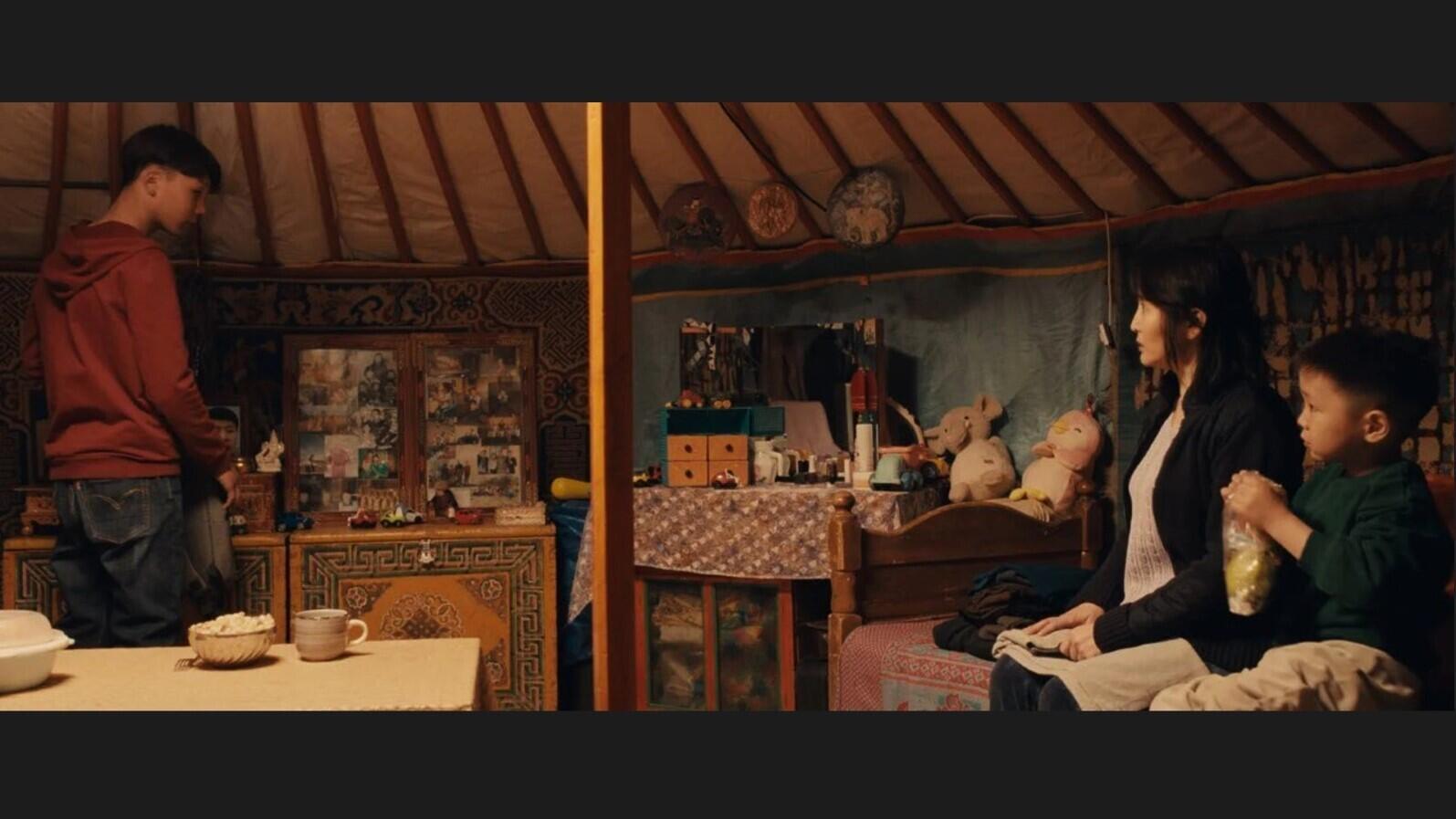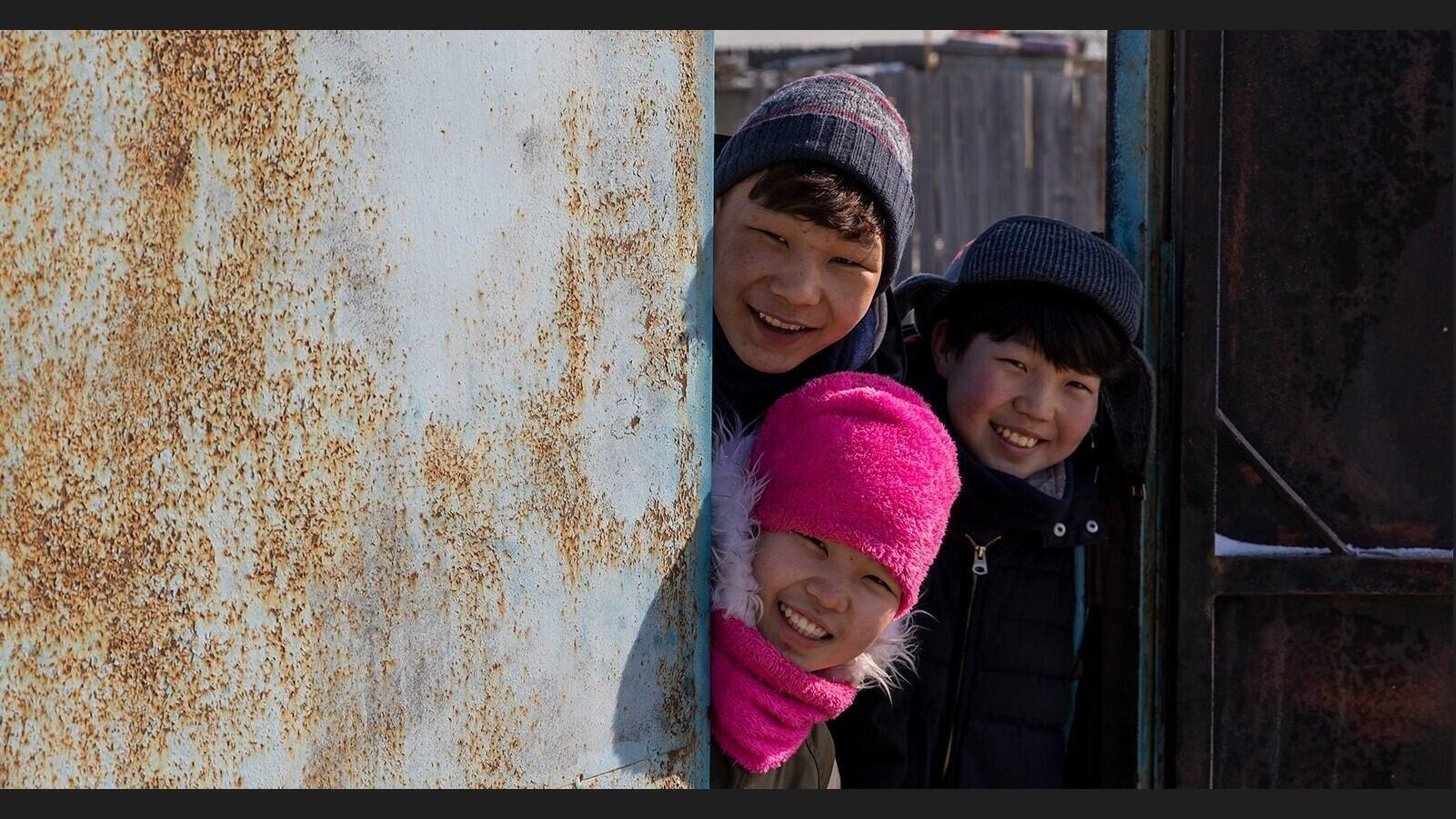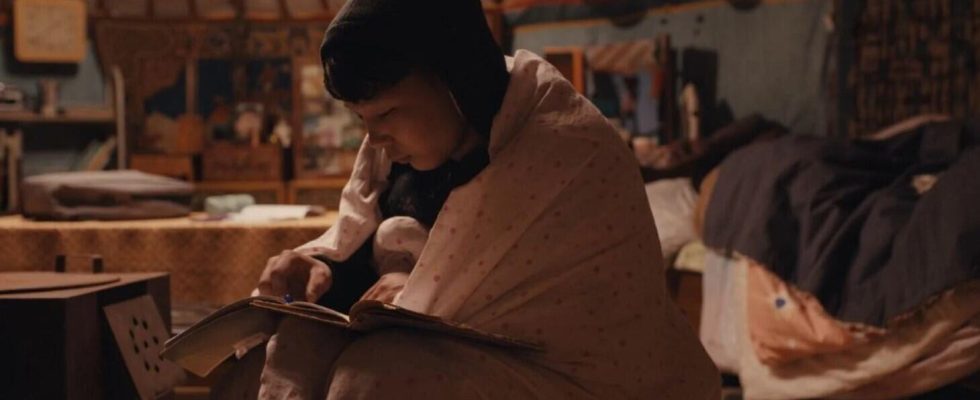She proclaims the “empowerment” of young men to improve the situation (also of women) in Mongolia and displays her “ confidence in the power of cinema “. This Wednesday January 10 is released in theaters in France If only I could hibernate, by Zoljargal Purevdash. With this first film, she entered cinema history as the first Mongolian director in the official selection of the Cannes Film Festival. Interview.
7 mins
RFI : If only I could hibernate takes place in winter. It’s a film about youth and also about the future. For you, this very cold winter raising the question of survival, is it a metaphor for the future of the young generation ?
Zoljargal Purevdash : Yes, it’s true. Through this film, I call for a good education for all children, especially for those who live in a vulnerable situation. Because education is the best solution to fight poverty. And poverty is the root of all problems: air pollution, unemployment, child abuse, alcoholism… These are all symptoms of poverty. I say this because I was lucky enough to go to a very good school when I was a teenager. I grew up in the yurt neighborhood, this underprivileged area that you see in the film. I really wanted to get out of there. I was so afraid of staying in this pool of poverty forever. So I asked my mother to let me go to the best high school. And I went and got a scholarship to study film in Japan. Then I came back to Mongolia and became someone who could provide everything for themselves. In my own life, I have experienced the magic of a good education.
You talk about a cycle of poverty
Looking at my friends and neighbors in the neighborhood, I see that they did not have this chance to access a good education. They are still in this cycle of poverty. This breaks my heart. I don’t want their children to stay in this cycle of poverty. Through this film, I ask for good schools and passionate teachers who could help children become people who can take care of themselves.
The film begins with a very deep and dark guttural sound. Later, we hear some sort of Mongolian techno rap music. How would you describe the sound of your film ?
You know, half of the Mongolians live in one city, the capital Ulaanbaatar, while we have these vast steppes, all these lands… But in the last twenty years, because of digitalization and global warming , being a nomad is no longer so sexy. Nomads therefore migrate to the city and cities expand. The nomads were so rich in the countryside, but when they come to the city, they are not educated. They cannot get the best jobs and fall into poverty. My town has become a sort of town of migratory nomads. Their music, this throaty song, comes from all the sounds of nature. Nomad music is when the body itself becomes the musical instrument and produces sound. In the cities, nomads keep their own music, to which are added hip hop and rap. I wanted to mix all of that in the film. I asked my composer to preserve the music of the nomads and to mix it with modernity at the same time.
The film also deals with the very difficult relationship between the mother, who became an alcoholic after the death of her husband, a former nomad, and her son. The latter, Ulzii, wants to escape poverty through education. It has long been one of the very rare films where it is a young man, and not a girl or a young woman, who embodies emancipation. After #MeToo and the wave of the feminist movement, why did you choose a young boy who aspires to win a physical sciences competition as a symbol of emancipation ?
In Mongolia, women are more educated than men. This may sound odd, but after the fall of the Soviet Union, most families let girls get an education because they thought boys would find a way to eat anyway. It’s a bit like the Mongolian state of mind. Today, our society has many educated women and many less educated or uneducated men. As a woman, I see that all the suffering of women is caused by uneducated men. In my country we need more empowerment », greater empowerment of men. This is why I no longer want our brothers to abandon education. Because it’s still about the issue of gender equality that I support. And today we need more empowerment », greater autonomy for boys. That’s why I want more boys to be encouraged. I want more boys to fight for education in my country.

Your film deals with poverty, child abuse, alcoholism, education and much more. Do you think cinema can change the situation in Mongolia? ?
Yes, I really believe in the power of cinema. That’s why I wanted to make films for a long time and I dedicated seven years of my life to making this film. Because I had faith that this film could change something. A film can become a bridge between two different mentalities. This film can help people understand each other’s pain and glory, joy and struggle. It’s really useful. We have the same problems, like air pollution, but we can’t just blame or hate each other. This will not result in a solution. So, what could allow each person to understand the other? What can help us understand ourselves? Art ! The movie theater ! For example, every winter, people campaigned hard against air pollution in Ulaanbaatar, air pollution caused by the burning of coal in poor homes. I was very saddened to see that so much energy was wasted just to solve a symptom of poverty. I want people to understand: “Hello, my brothers and sisters, what you are breathing is not smoke, it is the poverty of our brothers and sisters!” »
I want to live in Mongolia and I want to breathe clean air. I want my children to breathe clean air in Ulaanbaatar. So I trusted this project, I really couldn’t abandon it. I’m so happy to have finished it and that it’s now out in the world.
Mongolia is located between Russia and China. How many cinemas are there in your country? ? Do spectators rather watch Russian, Chinese, Hollywood, Bollywood films? ?
As in all countries, we watch a lot of Hollywood films in the cinema. We have over 40 screens in Ulaanbaatar and several more in other cities. Mongolians love watching movies, and we produce between 40 and 60 films for the local industry every year.

